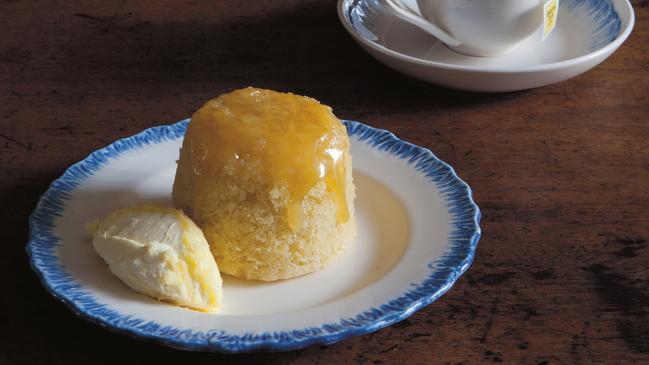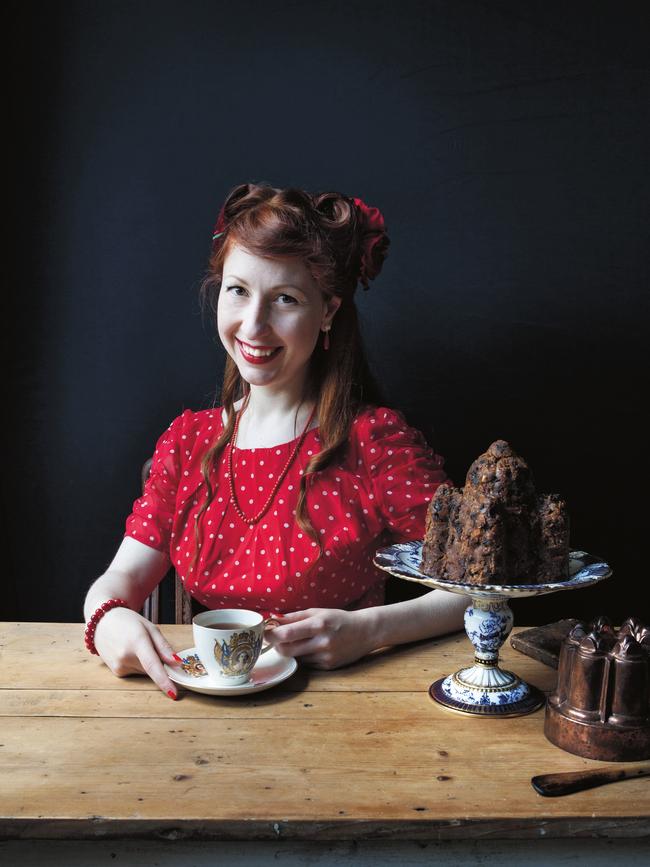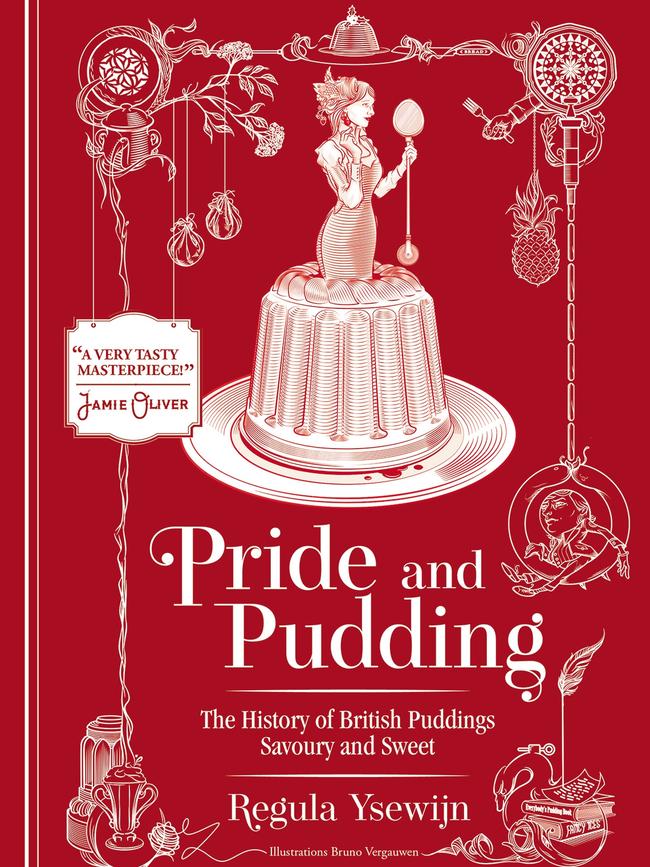Guest chef Regula Ysewijn’s castle puddings
These steamed sponges are made in small individual moulds and can be enhanced with lemon, orange or other flavourings.

Sometimes known as “Sutherland puddings”, these steamed sponges are made in small individual moulds and can be enhanced with lemon, orange, orange flower water or other flavourings. In her Modern Cookery for Private Families (1845), Mrs Eliza Acton offers a recipe and says the pudding should be served with a wine sauce. The secret to a good castle pudding is in the mixing; you have to take your time to whisk the butter with the sugar and then the eggs with the sugar and butter and so on, otherwise you will get a different result. How lucky we are to have electric mixers!

Castle puddings
Butter, for greasing
200g butter, softened
200g raw sugar
4 eggs
200g (11/3 cups) self-raising flour
Lemon version:
Zest of 1 small lemon
Jar of lemon curd
Orange version:
Zest of ½ small orange
Thinly sliced orange rounds
Sugar, for sprinkling
You will need eight 7-8cm mini pudding basins as your moulds; you could also use a muffin tray, which will give a slightly different result as the holes are shallower.
Preheat the oven to 180C (160C fan). Grease the moulds or muffin holes generously with butter, then cut a disc of baking paper to fit inside the base of each. Using an electric mixer fitted with the whisk attachment, whisk the butter with the sugar until pale and creamy. This is an important step so whisk thoroughly. Grate in the lemon or orange zest. Start adding the eggs one at a time, whisking until each egg is fully incorporated. Finally, fold in the flour and combine well.
Put one teaspoon of lemon curd or a thin slice of orange sprinkled with sugar in each mould. Divide the batter between the moulds until they are about two-thirds full. Place the moulds or muffin tray in a deep baking dish. Carefully pour hot water into the dish to come halfway up the sides of the moulds or holes. Cover the dish with foil and bake in the centre of the oven for 50 minutes, checking after 40 minutes by inserting a toothpick into a pudding; it should come out clean. Allow the puddings to cool in the moulds.
When ready to serve, loosen the pudding from the moulds with the tip of a knife and turn each pudding out like a cake. Serve with custard, ice cream or my favourite, clotted cream. Makes 8

Edited extract from Pride and Pudding – the History of British Puddings Savoury and Sweet by Regula Ysewijn (Murdoch Books, $55), out May 31. Photography: Regula Ysewijn



To join the conversation, please log in. Don't have an account? Register
Join the conversation, you are commenting as Logout